Can AR Be The Antidote to Virtual Classroom Shortcomings?
By PARKER MCDONOUGH.
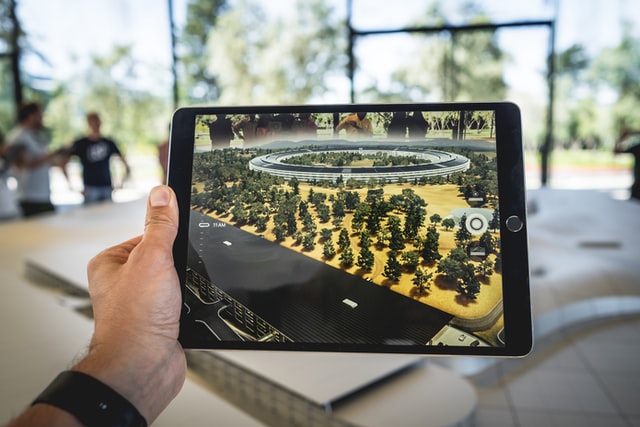 Photo by Patrick Schneider on Unsplash
Photo by Patrick Schneider on Unsplash
Distance learning can impede hands-on learning experiences, but AR has potential to increase virtual student engagement
- 0 Comments
- Nov 25, 2020 10:00:00 AM
- Posted by Natalia Galvis
- Topics: EdTech, STEM, Curriculum, teachers, students, Technology, AR, Edchat, Digital Technology, teaching, online, lessons, eLearning
How to Raise Your Kids to be Geniuses? 3 Science-Backed Techniques
By Shreiya Aggarwal-Gupta
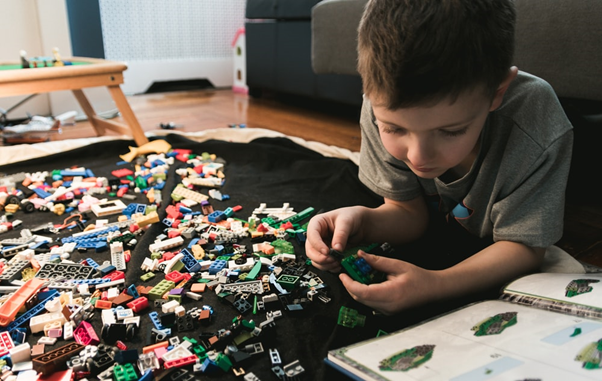 Source: Unsplash.com
Source: Unsplash.com
All the parents in the world have one goal in common: to help their children be the best at whatever they do. (Those who say they don’t will still read this article.)
The obvious place to test that out – at least on an intellectual level – is school. “Does my kid understand stuff better than others and show the propensity to retain and use information?” is a common question that comes to a parent’s mind, even if they don’t pressurize children to do well, by any stretch of imagination.
In my experience as an early education and STEM blogger, there is no guaranteed way to do this. But yes, there is a definite path you can handhold young kids along – it’s easier the earlier you start – and there are tons of science-backed activities you can try out to make your child that bit smarter than they’d otherwise turn out to be.
- 0 Comments
- Nov 24, 2020 10:00:00 AM
- Posted by Natalia Galvis
- Topics: EdTech, STEM, Curriculum, teachers, students, Technology, Edchat, Digital Technology, teaching, online, lessons, eLearning
An Alternative App To The Discontinued Google Expeditions Is Available For Educators
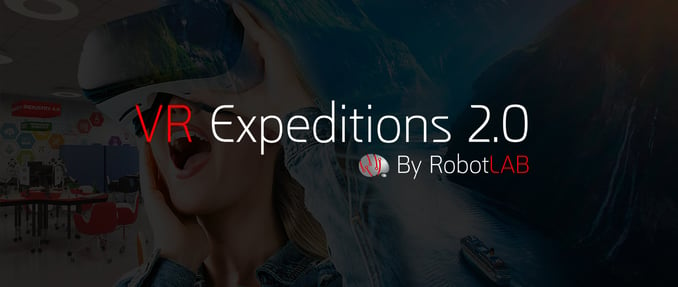
A long-time Google Expeditions partner, stepped up to fill the gap created by Google’s decision to sunset the popular app, introducing VR EXPEDITIONS 2.0
San Francisco, Nov. 20, 2020, - RobotLAB Inc., the leading educational robotics company, announced today the general availability of VR Expeditions 2.0 for classroom teachers. The company created the virtual field trip app and content management system in partnership with Encyclopedia Britannica, following Google’s decision to sunset the Expeditions App as publicly shared on Nov. 12, 2020.
- 0 Comments
- Nov 23, 2020 11:00:00 AM
- Posted by Natalia Galvis
- Topics: EdTech, STEM, Curriculum, teachers, students, Technology, VR, Realidad Virtual, Edchat, Digital Technology, teaching, online, Virtual Reality, virtual learning, lessons, eLearning
Using PBL to Boost Online Engagement
By Amy Nichols
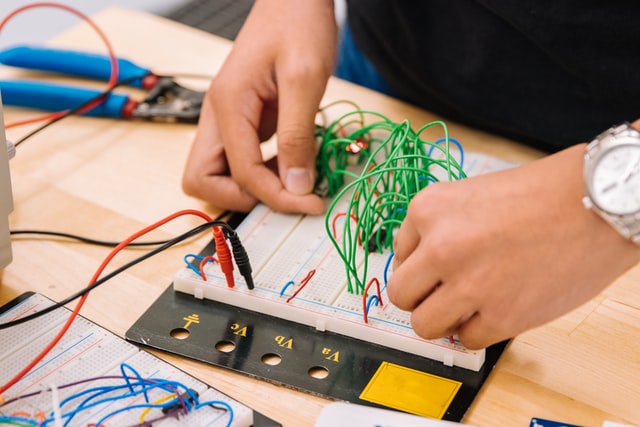 Photo by Jeswin Thomas on Unsplash
Photo by Jeswin Thomas on Unsplash
This period of remote teaching is a good time to start using project-based learning, which encourages authentic work and creativity.
- 0 Comments
- Nov 23, 2020 10:00:00 AM
- Posted by Natalia Galvis
- Topics: EdTech, STEM, Curriculum, teachers, students, Technology, Edchat, Digital Technology, teaching, online, lessons, eLearning
Supplementing Remote Learning With Non-traditional Education
By Daniel Farkas
Sometimes, educational experiences are found in the least likely of places--especially during remote learning.
 Photo by Kimberly Farmer on Unsplash
Photo by Kimberly Farmer on Unsplash
- 0 Comments
- Nov 20, 2020 10:00:00 AM
- Posted by Natalia Galvis
- Topics: EdTech, STEM, Curriculum, teachers, students, Technology, Edchat, Digital Technology, teaching, online, lessons, eLearning
Tech Trends that Will Influence Education in 2021
By Jonathan Brown
 Photo by Feliphe Schiarolli on Unsplash
Photo by Feliphe Schiarolli on Unsplash
Technology is advancing from day to day, changing our lives in the nick of time. There is no denying that the appearance of the internet and various devices changed the way we learn forever. Let’s look at the most significant EdTech trends that will transform education in 2021.
- 0 Comments
- Nov 19, 2020 10:00:00 AM
- Posted by Natalia Galvis
- Topics: EdTech, STEM, Curriculum, teachers, students, Technology, Edchat, Digital Technology, teaching, online, lessons, eLearning
5 STEM Skills Needed in Non-Tech Industries
By Devin Partida
STEM is one of the most versatile fields out there. It incorporates countless skills like data analysis and technical knowledge that professionals can then apply to a variety of industries. Remaining in STEM is not the only option available. Taking that expertise and using it elsewhere opens up opportunities in every industry imaginable.
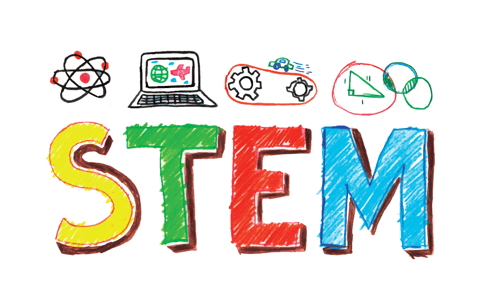
- 0 Comments
- Nov 18, 2020 10:00:00 AM
- Posted by Natalia Galvis
- Topics: EdTech, STEM, Curriculum, teachers, students, Technology, Edchat, Digital Technology, teaching, online, lessons, eLearning
Robotics Tips and Tricks for Inclusion and Integration of Students
By Sebastian Rice
Do you know the most efficient way to teach kids something new?
The answer comes in the form of gamification. It’s a practice of adding game-like elements to learning experiences in order to help students grasp and retain knowledge quickly and effortlessly.
The real question is how to apply this principle to coding and strengthen the inclusion and integration of children. Well, it turns out that robotics has the greatest potential to engage young scholars and assist them in their attempts to figure out how programming really works.
In this post, we are going to explain to you the best robotics-related tips and tricks that can help students become beginner-level programmers. Let’s take a look!
- 1 Comments
- Nov 17, 2020 10:00:00 AM
What Matters Most When You’re Evaluating Edtech Tools
Look past the marketing and focus instead on the student—and teacher—experience and built-in engagement features
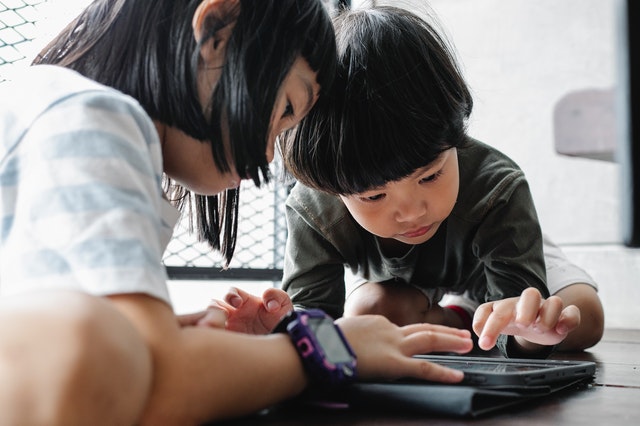 Photo by Alex Green from Pexels
Photo by Alex Green from Pexels
- 0 Comments
- Nov 16, 2020 10:00:00 AM
Google Expeditions app will no longer be available
Google announced that the Google Expeditions app will no longer be available for download and Tour Creator will no longer be accessible as of June 30, 2021.
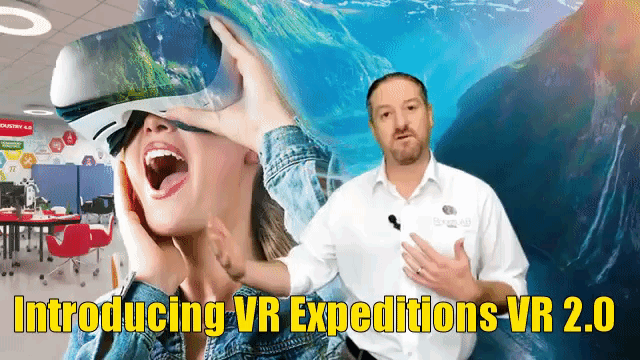
- 0 Comments
- Nov 15, 2020 4:30:00 PM
Relevant Posts
Popular Posts
Subscribe to Email Updates
-
I Want To Learn MoreADDITIONAL INFORMATION


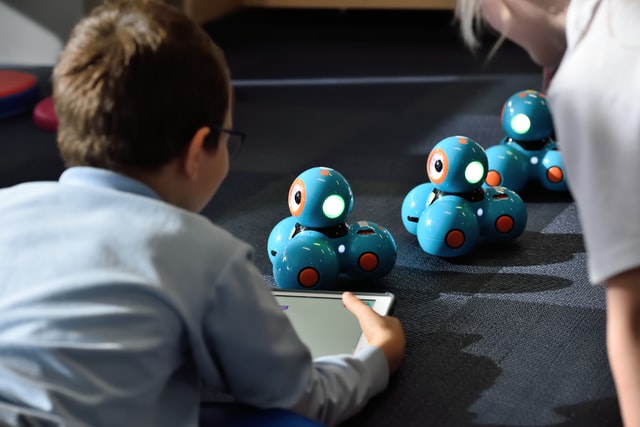 Photo by
Photo by 